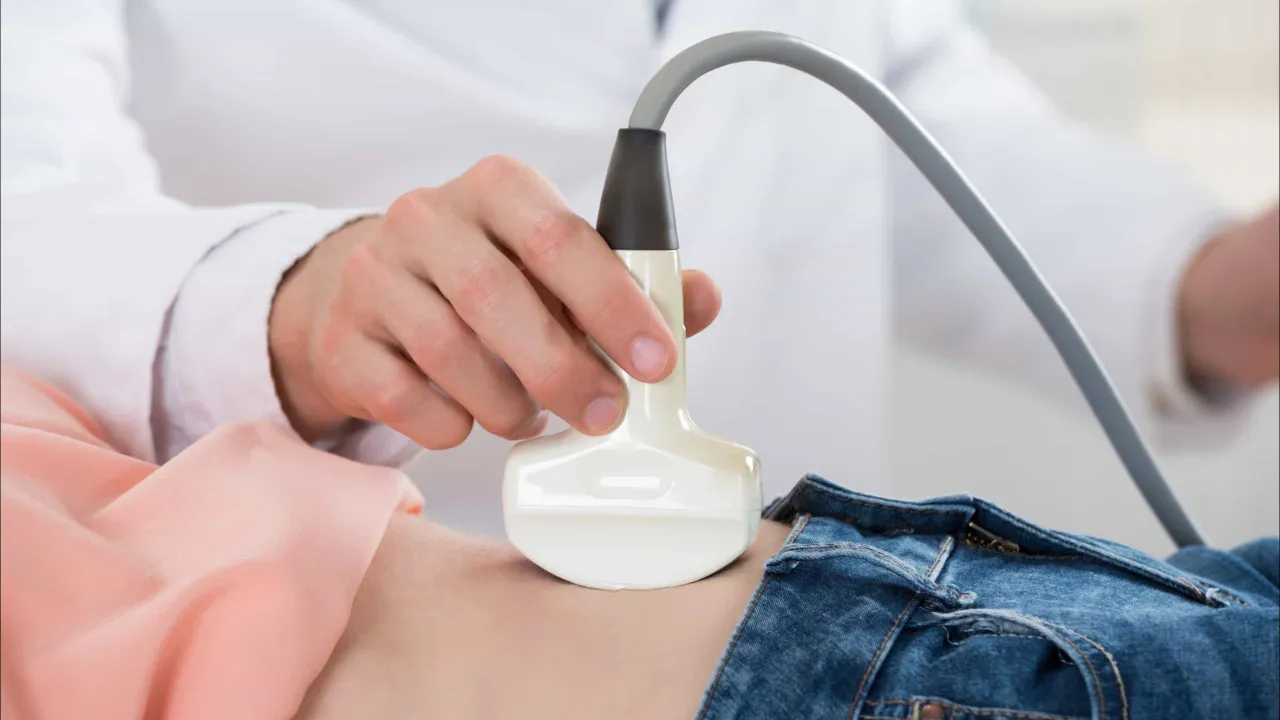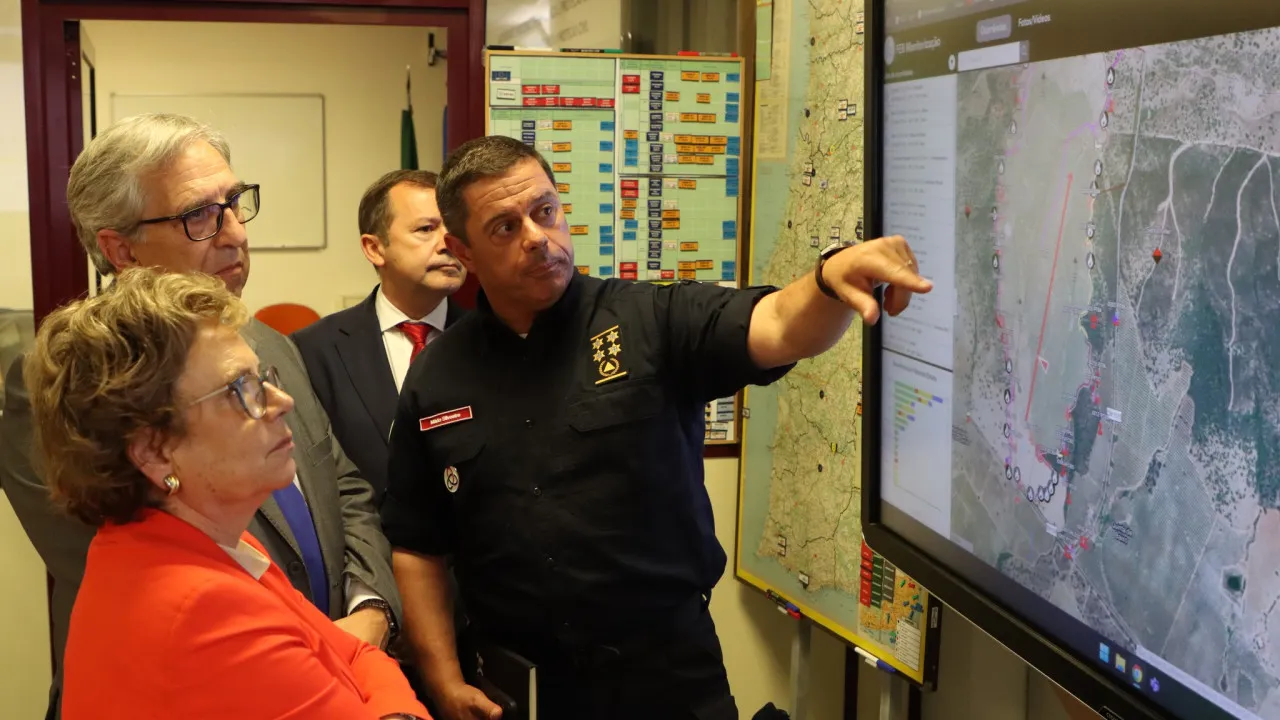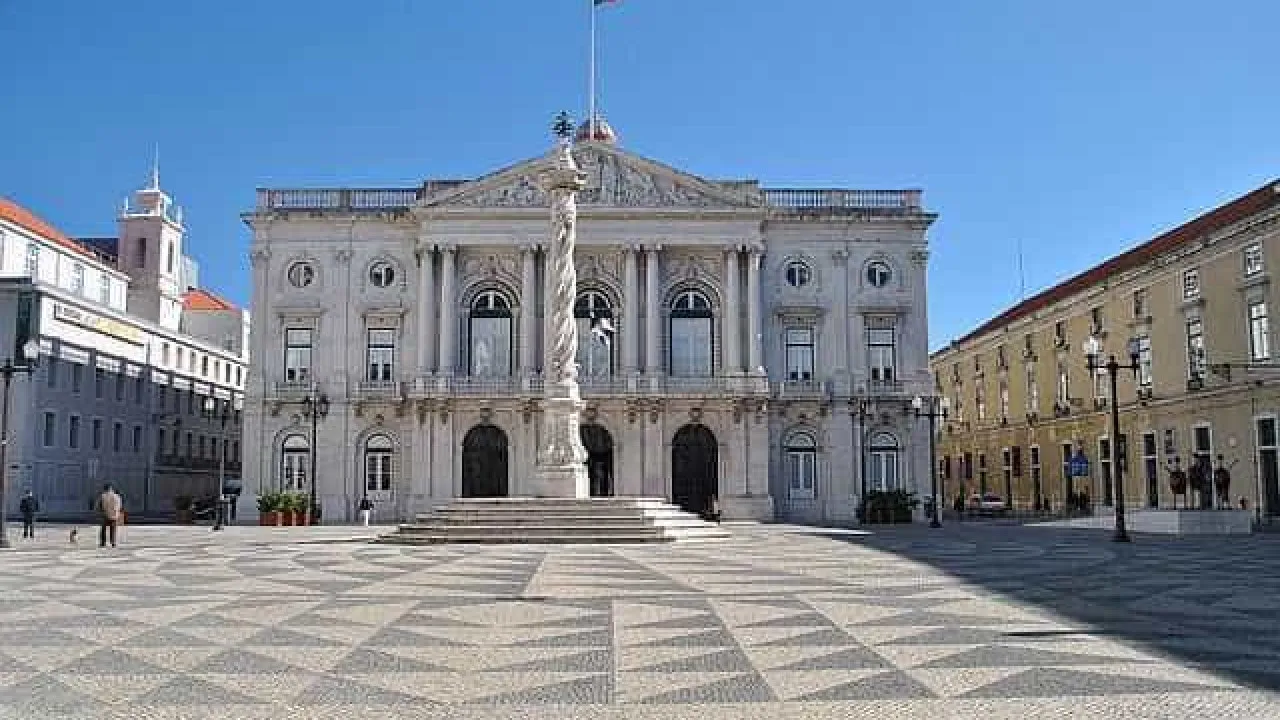
The Azores are currently experiencing a high rate of teenage pregnancies, attributed to the reluctance of many young women to inform their parents or partners about their pregnancies, stated Maria José Raposo, president of UMAR/Açores, during a hearing at the Regional Legislative Assembly’s Social Affairs Commission, which took place in Ponta Delgada.
The Azorean parliament is consulting various institutions regarding two proposals from PAN and BE deputies aimed at facilitating access to voluntary termination of pregnancy (IVG) for patients residing in the archipelago, many of whom have to travel to the mainland for treatment.
Maria José Raposo also raised concerns about the delayed medical response to IVG requests in the Azores, often necessitating additional information, extra examinations, psychology consultations, social support, and arranging travel to another island or mainland Portugal.
“Many times the IVG, which should be possible within a day at one of the three hospitals in the Azores, forces women to wait 15 days,” she warned, addressing the delays caused by consultations, tests, and travel arrangements.
Patrícia Cardoso from “Associação Escolha,” an organization supporting women seeking IVG, criticized the national abortion legislation for allegedly “penalizing” women. Since the law’s enactment 18 years ago, she noted, 58 women have been taken to court, with 33 receiving suspended sentences.
“It is distressing to witness how many women are treated. It is very serious that women are penalized for making a decision that should be solely theirs,” lamented Patrícia Cardoso, expressing concern that in Portugal, abortion is only permissible within the first 10 weeks of pregnancy.
Cardoso also highlighted the “moral harassment” women face when seeking pregnancy termination in the Azores, describing the archipelago as “chauvinistic and backward,” citing numerous domestic violence cases.
António Lima, the sole BE deputy in the Azorean parliament, explained during the meeting that the region has a high number of doctors who are conscientious objectors (refusing to perform IVG), forcing many women to travel to the mainland: “It is a clear constraint and barrier to accessing voluntary termination of pregnancy.”
Regional Secretary for Health and Social Security, Mónica Seidi, clarified that only at the Hospital of Divino Espírito Santo in Ponta Delgada, are there doctors available to perform abortions.
At the Hospital of Santo Espírito in Terceira, there are no available clinicians for this service, and at the Hospital of Horta in Faial, only one doctor is available. However, abortion laws require that IVG be conducted by at least two obstetricians.
“There is a significant shortage of human resources in this area,” acknowledged Mónica Seidi, noting that “recent recruitment efforts for obstetricians in the Azores have remained unfilled.”
In a prior hearing on this matter, the Family Planning and Sexual Health Association in the Azores pointed out that the conscientious objection by Azorean health professionals should not impede patients’ access to voluntary termination of pregnancy.
According to data released by the association, within a year, 158 Azorean women requested a voluntary pregnancy termination, but only 10% could do so in the archipelago. The remainder had to travel to the mainland.




